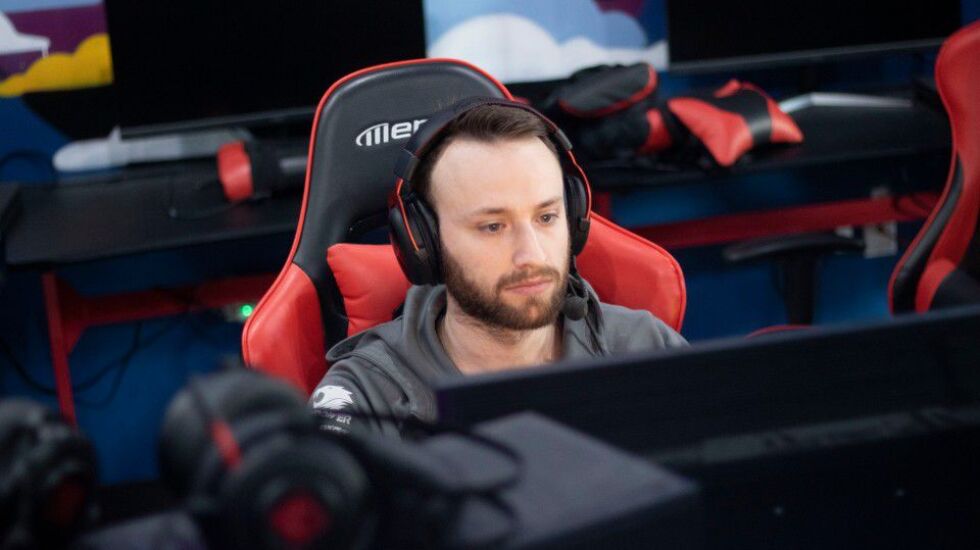
Going back just a few years and especially during the hard grip of the pandemic, esports was touted as the next big thing. For some in real estate, it therefore became the next big idea.
Reality — actual and not virtual — has set in with esports’ business fundamentals. And in Chicago, two property proposals need a reboot.
The first dead deal was a plan that piqued imaginations two years ago. Developer Scott Greenberg got the city’s OK to build a $30 million arena for gamers and devoted fans at 2500-48 S. Wabash Ave., near McCormick Place. It would have included a vast floor for free-roaming, goggle-wearing contestants and wall-sized LED screens for tournaments.
Greenberg promised a one-of-a-kind experience for for-profit and community events. The Illinois Institute of Technology promised a deal with the facility to teach skills in game design. “This is something that can change the world,” Greenberg said in 2021.
But last week, he said nothing like that will happen.
“The conditions in the gaming industry are changing. Some of the clients I was courting are backing away,” he said. Greenberg explained his prime backers would have been game publishers, the top dogs in a business with complex economics. “A lot out there has been hitting the publishers and game usage is down a bit,” he said.
The consulting firm Newzoo called 2022 a “corrective year” for gaming, used here to mean esports and not gambling. It said the global market declined about 4% to $184.4 billion in 2022 from the prior year, but it projects growth will return.

Playing in congregate settings has been a tough business for an activity typically done for free and at home. Analysts in published reports say venture capitalists have grown skeptical of funding revenue growth without profits and the crypto crash wiped out a source of capital. Esports events generally don’t command a high ticket price and merchandise sales are said to be disappointing. Greenberg said there one day may be a market for congregate gaming, “but it’s probably not on the scale I was talking about.”
He has a backup plan. Greenberg, who as president of Lincolnshire-based ECD ordinarily develops commercial and residential property, owns a former cab company building at 2617 S. Wabash. Through his company called Smash Virtual, he’s turned it into what he calls Chicago’s first dedicated LED soundstage. It allows filmmakers to put actors or props in virtual surroundings.
If the business takes off, Greenberg said he’d expand into the property on the 2500 block where he planned the esports arena. Earlier in February, Smash Virtual hosted demonstrations of its technology for 200 filmmakers.
The other esports project that’s stymied came to light recently with the city’s announcement of a plan to invigorate the La Salle Street district. At 400 S. La Salle is a chunky building that was the trading floor of the Chicago Board Options Exchange. A nonprofit partnership led by Urban Resolve asked for city incentives to convert the space into an esports venue for scholastic purposes, with student housing above it.
City officials said the project was ineligible for subsidies because it falls just outside the tax increment financing district for any La Salle improvements. “But it was an interesting proposal coming from a qualified team,” said Deputy Planning Commissioner Cindy Roubik. “Esports and student housing are really good land uses for downtown.”

Urban Resolve’s managing director is Erin Lavin Cabonargi, who formerly worked for Sterling Bay and ex-Mayors Richard M. Daley and Rahm Emanuel. The plan’s premise was that universities would collaborate on a gaming center as a teaching tool.
Cabonargi said without a city subsidy, the project is not viable at 400 S. La Salle. She said she’d like to put it in play elsewhere. “This would be bringing people together not as a for-profit venture but more as a civic attribute,” she said.
A spokeswoman for options exchange owner Cboe Global Markets said it plans to sell the building but hasn’t listed it yet and was unaware of any proposal from Urban Resolve.
The intent was to have student housing revenue support the gaming center. But Cabonargi was asking for the city to acquire 400 S. La Salle by eminent domain, a risk for the public treasury. The Cook County assessor puts its market value at $58.6 million; insiders believe it will sell for much less, perhaps to somebody who would build a data center in the space.
The prospect could disturb anybody who roots for the central Loop’s revival. It would put a data center next to the old Chicago Board of Trade floor that’s becoming a ComEd substation. Spaces where thousands worked and bought lunches would get machinery serving our appetites for power and bandwidth.







